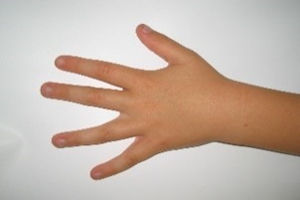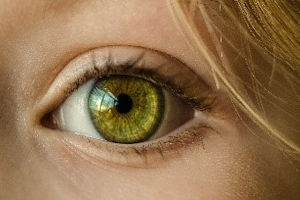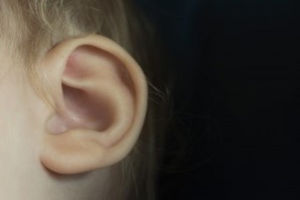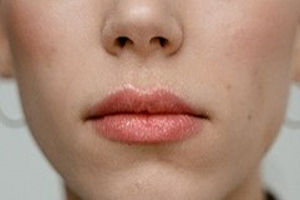How will I know if my child experiences sensory differences?

Children with high sensory thresholds present as ‘under-responsive’ to sensory input.
They need a higher intensity or frequency of sensory input before they notice it.
Your child may be under responsive to certain sensations if they:
- Like loud noise.
- May not notice their name being called the first time.
- Enjoy banging/crashing into things.
- Are constantly on the go.
- Don’t notice mess on their face/wet clothes.
- They may not respond when touched.
- Need big flavours in food.
- Don’t notice strong smells such as mouldy food.
- Enjoy spinning and jumping.
- Don’t notice how much food is in their mouth.
Children with low sensory thresholds present as being ‘over-responsive’ to sensory input.
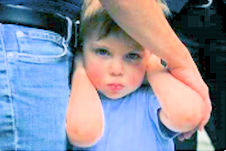
Your child may be over responsive to certain sensations if they:
- Dislike loud noise and can be easily overwhelmed in noisy, busy environments such as shops, birthday parties or noisy classrooms.
- Dislike touch.
- Find self-care tasks like hair washing or brushing difficult.
- Avoid activity.
- Cannot tolerate labels in clothes.
- Dislike being messy.
- Like bland food.
Your child may struggle with their body awareness and/or balance if:
- They seem clumsy or uncoordinated, such as moving too quicky, or crashing into things.
- They are slower to develop their movement skills or when learning new ways to move their body.
- They find it hard to sit crossed legged.
- They find it hard to balance.
- They struggle with organisational skills.

Key points to remember
Children may react to sensory input by either seeking out the input their body is craving, avoiding sensations they find unpleasant or trying to control their sensory environment.
Children can experience high thresholds to some sensory input and low thresholds to others and this can also vary on a day-by-day basis.
Watch this video to experience the world for someone who is over-responsive to sensory input:
*trigger warning – turn sound down if you are sensitive to loud noise
To help find out if your child is experiencing sensory differences, click on the following pictures to take a short interactive quiz created by our colleagues at NHS Greater Glasgow and Clyde.
You will also be given tips to address your child’s specific needs.
Last updated10 Sep 2025



